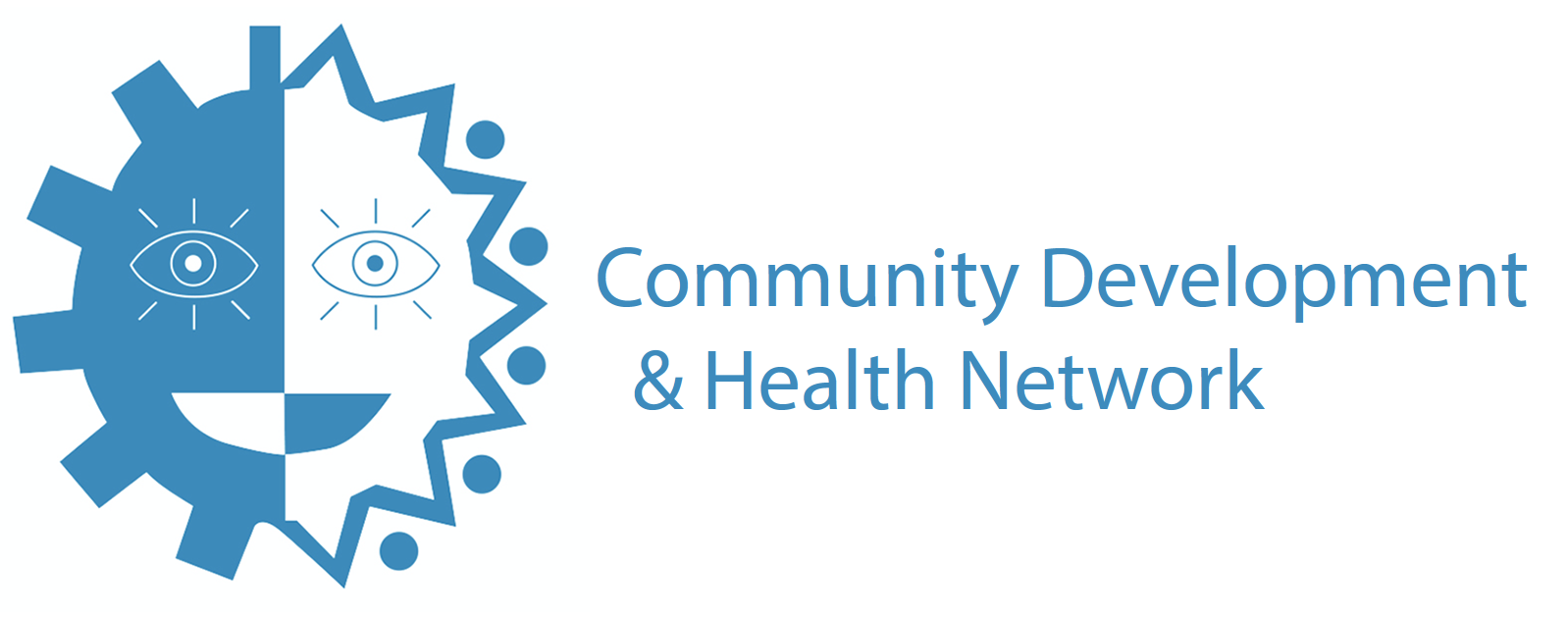What is Community Development?
Community development enables people to work collectively to bring about positive social change. It is not only about community engagement but a longer-term process which starts from people’s own experience and enables communities to work together to:
- identify the needs and actions they wish to address
- plan and take collective action
- build on and strengthen their confidence, skills and knowledge
- challenge unequal power relationships
- promote social justice, equality and participation in order to improve the quality of their own lives, the communities in which they live and societies of which they are a part (DoH, Expansion of Community Development Approaches 2018)
Community development can take many forms – it is often most visible in the work of locally based organisations and groups but it can also be evident at times of crisis, when groups of interested individuals come together to take action on an issue without any formal structure or composition.
Community Development Values
Community Development National Occupational Standards (CDNOS) identify 5 key values that underpin community development practice
- Social Justice & Equality
- Anti-discrimination
- Community Empowerment
- Collective Action
- Working & Learning together
These are core values which should be at the centre of all community development activity. These values are founded on the idea that every person has skills and knowledge to offer. For community development to be effective, people need to demonstrate these values in their approaches to individuals and communities. Values can be understood as the ‘guiding principles’ which help us as a community in making decisions about the type of life we want to lead.
Why community development to address health inequalities?
CDHN recognises the value of using community development to address health inequity. A community development approach supports communities to build on their strengths so they can improve the local health outcomes that matter most to them. It recognises the root causes of inequality which are often complex and encompass many social factors which lie outside medical care.
By embodying community development values and principles, we can support real partnership with local communities to identify their own health and social needs and improve health outcomes by using their combined knowledge, skills, strengths, lived experience and assets. This is in contrast to more traditional top-down health improvement approaches which focus on information sharing and education for individual behaviour change. While these approaches are important, they will not make significant changes to inequality gaps in the longer term.
It recognises that group work and collective action are needed to tackle health inequalities as the social factors that influence health are beyond the ability of any individual to control. Community development approaches to health also retain a strong focus on redressing imbalances of power, wealth and resources, while promoting social justice, equality, inclusion and anti-discrimination, and giving a voice to those communities that are less often heard.
Where can I find out more about community development and health?
CDHN sister website www.elevateni.org has a library of resources on community development, health inequalities and much more
CDHN Regional Community Development and Health Programmes
CDHN regionally organise, fund and evaluate programmes co-designed and delivered at the local level and increase cross-sectoral collaboration and action in tackling health inequalities. Our two flagship community development programmes are Building the Community Pharmacy Partnership (BCPP) and Elevate. Each year, we invest £500,000 in local communities through these programmes.
Community Development Reflective Practice Tool (RPT)
Community development is an ongoing process that has reflective practice at its core. CDHN have developed a Reflective Practice Tool (RPT) which is designed to get groups to reflect on their work in the community to address health inequalities and think about how they can ensure that community development values underpin, inform, and present in their practice. The RPT is currently being used in the Elevate programme with a view to being made more widely available in the future, if you would like to find out more email info@cdhn.org


